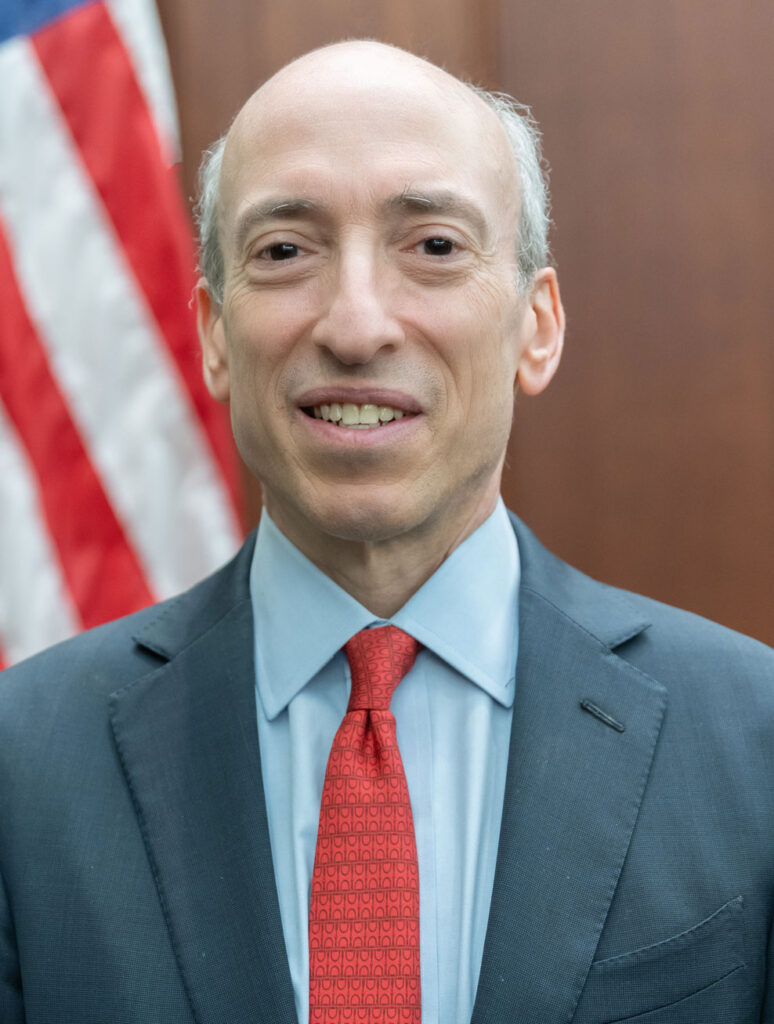The Securities and Exchange Commission (SEC) has recently announced charges against 15 broker-dealers and one affiliated investment adviser for widespread and longstanding failures by the firms and their employees to maintain and preserve electronic communications.
The firms agreed to pay combined penalties of more than $1.1bn, and have begun implementing improvements to their compliance policies and procedures to settle these matters.
“Finance, ultimately, depends on trust. By failing to honor their recordkeeping and books-and-records obligations, the market participants we have charged today have failed to maintain that trust,” said SEC Chair Gary Gensler.
“Since the 1930s, such recordkeeping has been vital to preserve market integrity. As technology changes, it’s even more important that registrants appropriately conduct their communications about business matters within only official channels, and they must maintain and preserve those communications. As part of our examinations and enforcement work, we will continue to ensure compliance with these laws.”

The following eight firms (and five affiliates) have agreed to pay penalties of $125m each: Barclays Capital; BofA Securities together with Merrill Lynch, Pierce, Fenner & Smith; Citigroup Global Markets; Credit Suisse Securities (USA); Deutsche Bank Securitiestogether with DWS Distributors and DWS Investment Management Americas; Goldman Sachs & Co.; Morgan Stanley & Co. together with Morgan Stanley Smith Barney and UBS Securities together with UBS Financial Services.
Meanwhile, Jefferies and Nomura Securities International have agreed to pay $50m each, whereas Cantor Fitzgerald & Co. has agreed to pay a $10m penalty.

Kevin McPartland, Head of Market Structure and Technology Research at Coalition Greenwich, said the pandemic drove market participants to find new ways to work and communicate, but “there have been growing pains”.
“Communications surveillance technology has evolved over the past few years as well, and will in time allow continued seamless communications for market participants while still keeping everyone within regulatory guidelines,” he told Traders Magazine.
Brian Lynch, President of SteelEye Americas, said that these latest charges “do not come as a surprise” given the recent enforcement action taken and investigations into employee communications opened by the SEC.
“These fines should act as a much-needed wake-up call for financial firms about the risks of off-channel communications,” he said.

SteelEye Americas’ recent Compliance Health Check Report revealed that just 15% of financial firms are monitoring WhatsApp and even fewer are monitoring Slack (9%) and Signal (3%), according to Lynch.
“Monitoring digital communications is a mounting challenge. It is unlikely this will change any time soon given how quickly we see new channels emerge. However, there are proactive things firms can do to get ahead. This comes down to a combination of policy and modern technology that can monitor a wide range of channels but also flag the intent among staff to communicate on unauthorized channels,” he said.
The SEC staff’s investigation uncovered pervasive off-channel communications. The firms cooperated with the investigation by gathering communications from the personal devices of a sample of the firms’ personnel.
These personnel included senior and junior investment bankers and debt and equity traders.
From January 2018 through September 2021, the firms’ employees routinely communicated about business matters using text messaging applications on their personal devices.
The firms did not maintain or preserve the substantial majority of these off-channel communications, in violation of the federal securities laws.
By failing to maintain and preserve required records relating to their businesses, the firms’ actions likely deprived the Commission of these off-channel communications in various Commission investigations.
The failings occurred across all of the 16 firms and involved employees at multiple levels of authority, including supervisors and senior executives.
“If there are allegations of wrongdoing or misconduct, we must be able to examine a firm’s books and records to determine what happened,” said Gurbir S. Grewal, Director of the SEC’s Division of Enforcement.
“These 16 firms not only have admitted the facts and acknowledged that their conduct violated these very important requirements, but have also started to implement measures to prevent future violations,” he said, adding that other broker dealers and asset managers who are subject to similar requirements under the federal securities laws would be well-served to self-report and self-remediate any deficiencies.”
Each of the 15 broker-dealers was charged with violating certain recordkeeping provisions of the Securities Exchange Act of 1934 and with failing reasonably to supervise with a view to preventing and detecting those violations.
“These actions deliver a straightforward message to registrants: You are expected to abide by the Commission’s recordkeeping rules,” said Sanjay Wadhwa, Deputy Director of Enforcement.
“The time is now to bolster your record retention processes and to fix issues that could result in similar future misconduct by firm personnel,” he added.
Wadhwa said that in line with this first-of-its-kind group resolution and the December 2021 settlement with J.P. Morgan Securities, the staff will continue its efforts to enforce compliance with the Commission’s essential recordkeeping requirements.
DWS Investment Management Americas, the investment adviser, was charged with violating certain recordkeeping provisions of the Investment Advisers of 1940 and with failing reasonably to supervise with a view to preventing and detecting those violations.
In addition to the significant financial penalties, each of the firms was ordered to cease and desist from future violations of the relevant recordkeeping provisions and were censured.
The firms also agreed to retain compliance consultants to, among other things, conduct comprehensive reviews of their policies and procedures relating to the retention of electronic communications found on personal devices and their respective frameworks for addressing non-compliance by their employees with those policies and procedures.
Separately, the Commodity Futures Trading Commission has announced settlements with the firms for related conduct.




